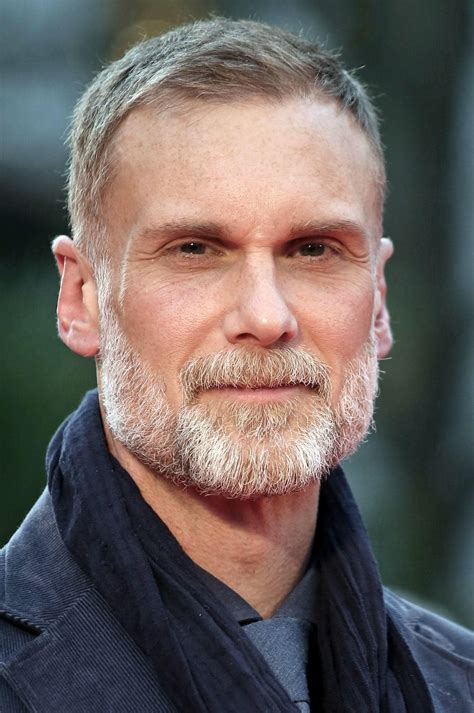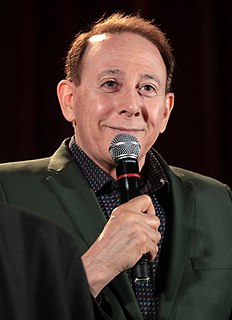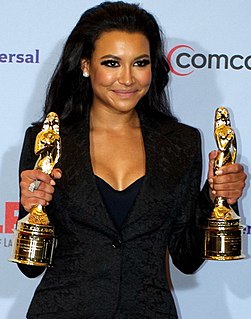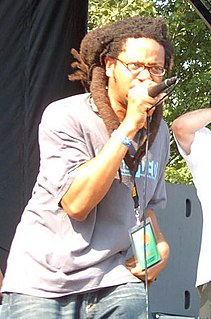A Quote by Aasif Mandvi
I always focused on being an actor. I did stand-up briefly, but I also did a lot of dramatic work. But since I've been on 'The Daily Show,' people think I'm a comedian. That's not how I see myself.
Related Quotes
I was doing stand-up at the Improv and when the host introduces you, 'OK, the next comedian, you've seen him on 'Silicon Valley.' People always clap. They really watch the show and they are fans of it. And then they said, 'You are also going to see him in 'Crazy Rich Asians,' and I did not expect this, but the applause was even louder.
When I turned 50, I threw myself a big birthday party, and I looked seriously at what my life has been about. I recommend this to everybody. Ask yourself, "What have I done? How did I do it? Where'd I mess up? Where did I do well?" When I did this assessment of my life, I said to myself, "It was really good." I made a lot of people laugh, made a lot of people cry in a good way, brought a lot of joy to people, picked up a lot of garbage. And in all those years, I saw a lot. I went to foreign lands. I met interesting people. And I got it!
I don't come from a comedy background or a stand-up background, but I think that sometimes there's a misconception that an actor who works primarily in comedy is a comedian. There's nothing wrong with being a comedian, but I'm absolutely not that. I can't think of anything more terrifying than doing stand-up!
Also, when we did "Smallville," we didn't have an opportunity to interact with people who watched the show. And see what they had to say and listen to criticism and listen to praise at the same time. So a lot of this is a new experience and it's very interesting and rewarding for us. I think we get honest feedback. You get hate. You get a lot of love as well. And I'm actually very curious what people think of the show. For us, it's been a passion project of ours, and an incredibly challenging show to make.
Most of my life, everybody made more money than I did at the places I worked. In fact, when I've been an employee, I have never been anywhere close to being the highest paid person there, never. I was working hard. I was working hard. I was doing things I didn't want to do, that I thought I should do. I was getting up every day, going to work, did not phone in sick. Striving. Trying to get ahead, you know, doing what Obama says, working hard and applying myself and trying to get ahead. There was always somebody, there were always a lot of people that earned more than I did.
As far as sometimes being involved with different demonstrations, I did an anti-war protest in San Fran in January, and I'm standing there, amongst all these people, and it's this great thing to see people being active and actually standing up for what they believe in and still letting the government know that there are people who will still sacrifice a portion of their day to stand up for what they care about, but I'm just thinking to myself, "God, man, these protests have been going on throughout I-don't-even-know-how-many years, and here we are again."
When you see a comedian on stage, the best comedians make it feel like a conversation. But it's not. We have very little interest in what an audience has to say during a performance. Being a stand-up comedian, you're an egomaniac to some degree. Everyone wants to hear what you have to say, apparently. That's not how real relationships work.
In the stand-up comedy top, there's room for everyone - if you're good, there's room for everyone. You'll put on your own show - no one casts you. You cast your own show as a stand-up comedian. When you get good at stand-up comedy you book a theater and if people show up, people show up. If people don't show up, people don't show up. You don't have a director or a casting agent or anybody saying if you're good enough - the audience will decide.



































